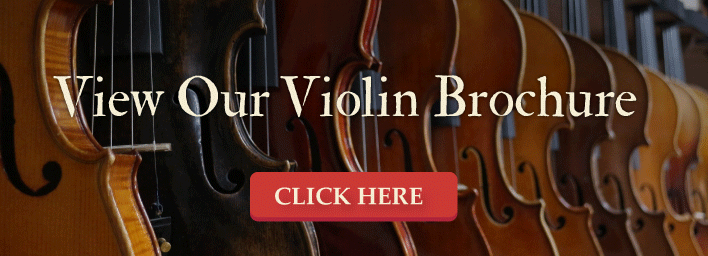Why Learning Another Instrument Makes You a Better String Musician

Most people are aware of the personal benefits you get from learning to play an instrument. Increased cognitive activity, improved learning abilities, and emotional well-being are just the beginning. Students who pursue a music education are arming themselves for the future by developing lifelong, real-world skills that will have lasting results. However, have you ever wondered if learning to play another instrument would make you a better musician?
Not surprisingly, the answer is yes. Learning more than one musical instrument delivers a number of advantages for musicians. So if you’ve ever considered becoming proficient in another instrument, but you were on the fence about it because you wondered if it would make any difference in your current abilities, check out these benefits:
Building a stronger performance foundation
Many students and adults who include another instrument after the first year of instruction find that the skills and techniques of one string instrument correlate and transfer to another. For example, many bowing techniques are interchangeable from one member of the violin family of instruments to another; or the fingering techniques on a saxophone are similar to those of the clarinet.
When you train on another instrument, you also learn an alternate playing position, which helps guard your health. Alternating your form can help reduce stress-related and repetitive use injuries because you’re implementing different movements with the different instruments. This is a very effective way to avoid playing damage to your joints, spine and other areas of your body.
Gaining a deeper connection with music theory
When you play a specific string instrument, for instance like the violin, your focus is on the treble clef. And although you know about the bass clef and other harmonic parts, until you actually play a bass instrument (like the cello), you aren’t able to put that knowledge into practice. The depth of understanding you gain by playing two different instruments is hard to measure, but definitely there.
Moreover, a different string instrument puts perspective on timbre, harmony, and melodic elements by providing an intimate look at a completely new part of the music and the sound you can make. Since each instrument has its own unique voice, you’re able to make connections about how they can be utilized together, which also provides you with a firm foundation for developing your composition skills.
Gaining flexibility in your playing capacity
Learning another string instrument helps improve your availability to perform with specific groups and ensembles. For example, perhaps you know about a local quartet which already has two great violinists but no violist? Or, you’d like to play with a certain group, but they only need a cellist. You have a better opportunity of filling the gap if you know how to play more than one instrument.
Plus, when you know how to play two different instruments, you’ll be able to interact with other sections of the orchestra, such as the horns or woodwinds. Instead of having a single knowledge set, you’ll have twice the amount. This kind of flexibility makes you a vital part of any group of performers.
Increasing your professional options
When you learn to play more than one instrument, you increase the professional options you have for work. And while this includes being able to fill in “on the spot” in an orchestra, band, or other musical ensembles, you also open up other career avenues. For example, are you considering a teaching profession? To become an instructor, you typically need to have a basic grasp on a number of instrument techniques. Already knowing how to play two different string instruments can assist you in achieving that goal.
Moreover, if you decide that you want to offer private music instruction, being able to teach two instruments will double your outreach potential.
Learning to play another instrument provides a number of benefits. You may not even need to purchase a second instrument since many schools offer loaners that allow you to learn and give you time to decide if you’d like to continue your studies by buying another instrument of your own. So, if you’ve been wondering if expanding your skills with another string instrument is worth it, wonder no more. The long term advantages of knowing how to play two or more instruments will assist your musical career and performance goals with lasting results.


